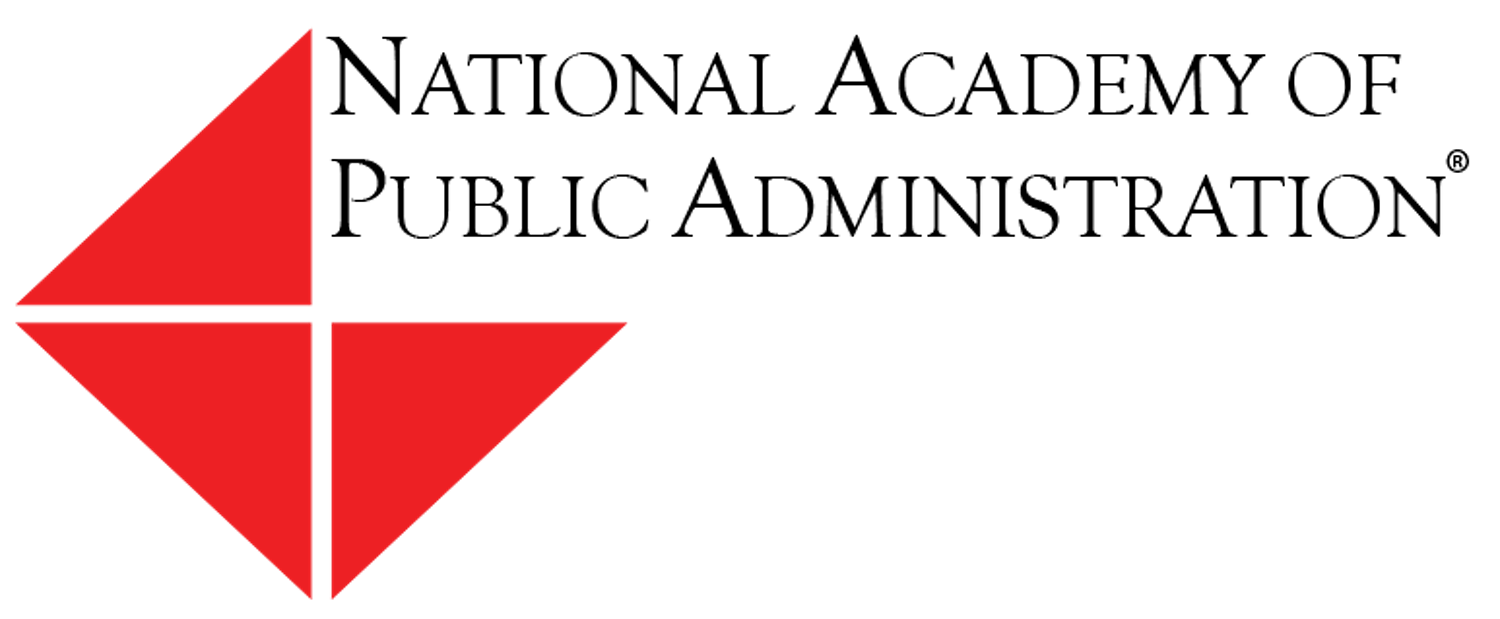
MEDIA ADVISORY Administrative Conference of the United States and the National Academy of Public Administration to Host Discussion of Senate Confirmation Process of Executive Branch Appointees
Post Date: March 17, 2022
Two expert panels will examine current challenges and potential reforms
WASHINGTON, D.C. – The Administrative Conference of the United States (ACUS) and the National Academy of Public Administration (the Academy) will host a March 29th forum, Advice and Consent: Problems and Reform in the Senate Confirmation of Executive Branch Appointees. The event will focus on the current challenges and potential reforms of the process, as well as the impact of leadership vacancies on federal government operations.
The federal government relies on political appointees and career civil servants to operate effectively. Although most positions can be filled through ordinary hiring processes or presidential or agency-head appointment, approximately 1,200 top leadership positions require presidential nomination and confirmation. These positions are frequently vacant as a result of extended delays in the nomination and confirmation process. As ACUS recently recognized, such vacancies can “lead to agency inaction, generate confusion among nonpolitical personnel, and lessen political accountability.”
Two groups of expert panelists will examine the causes and effects of delays in the current process for nominating and confirming agency officials and explore potential reforms. Registration for the event can be found here.
WHAT: ACUS-Academy Forum - Advice and Consent: Problems and Reform in the Senate Confirmation of Executive Branch Appointees
WHEN: March 29, 2022
1:00 PM – 3:00 PM ET
WHERE: The event will be held virtually, via webinar
WHO: Panel 1: Problems with the Current Senate Confirmation Process
Delays in the process for confirming agency leadership nominees have been blamed for frequent vacancies across the Executive branch. This panel will examine the causes of delay and the effects vacancies have on the operation and administration of federal agencies and programs.
- Carolyn Colvin, Former Acting Commissioner, Social Security Administration
- Martha Kumar, Director, White House Transition Project
- David E. Lewis, Rebecca Webb Wilson University Distinguished Professor, Vanderbilt University
- Anne Joseph O’Connell, Adelbert H. Sweet Professor of Law, Stanford University
- Bertrall Ross, Justice Thurgood Marshall Distinguished Professor of Law, University of Virginia (moderator)
Panel 2: Potential Reforms to the Senate Confirmation Process
Several reforms have been suggested to reduce delays in filling agency leadership positions, including streamlining Senate confirmation processes and revisiting which positions should require Senate confirmation. This panel will examine legal, policy, and practical considerations related to these and other proposals.
- John Duffy, Samuel H. McCoy II Professor of Law, University of Virginia
- Bill Greenwalt, Visiting Fellow, American Enterprise Institute
- Paul Light, Paulette Goddard Professor of Public Service, New York University
- Max Stier, President and CEO, Partnership for Public Service
MEDIA: Media planning to attend the webinar session should register here.
About ACUS
The Administrative Conference of the United States is an independent federal agency dedicated to improving the administrative process through consensus-driven applied research and providing nonpartisan expert advice and recommendations for federal agency procedures. Its membership is composed of senior federal officials, academics, and other experts from the private sector. Except for the Chairman, all Conference Members are unpaid. Learn more at www.acus.gov.
About the National Academy of Public Administration
Chartered by Congress to provide non-partisan expert advice, the Academy is an independent, non-profit, and non-partisan organization established in 1967 to assist government leaders in building more effective, efficient, accountable, and transparent organizations. Learn more at https://napawash.org/
###